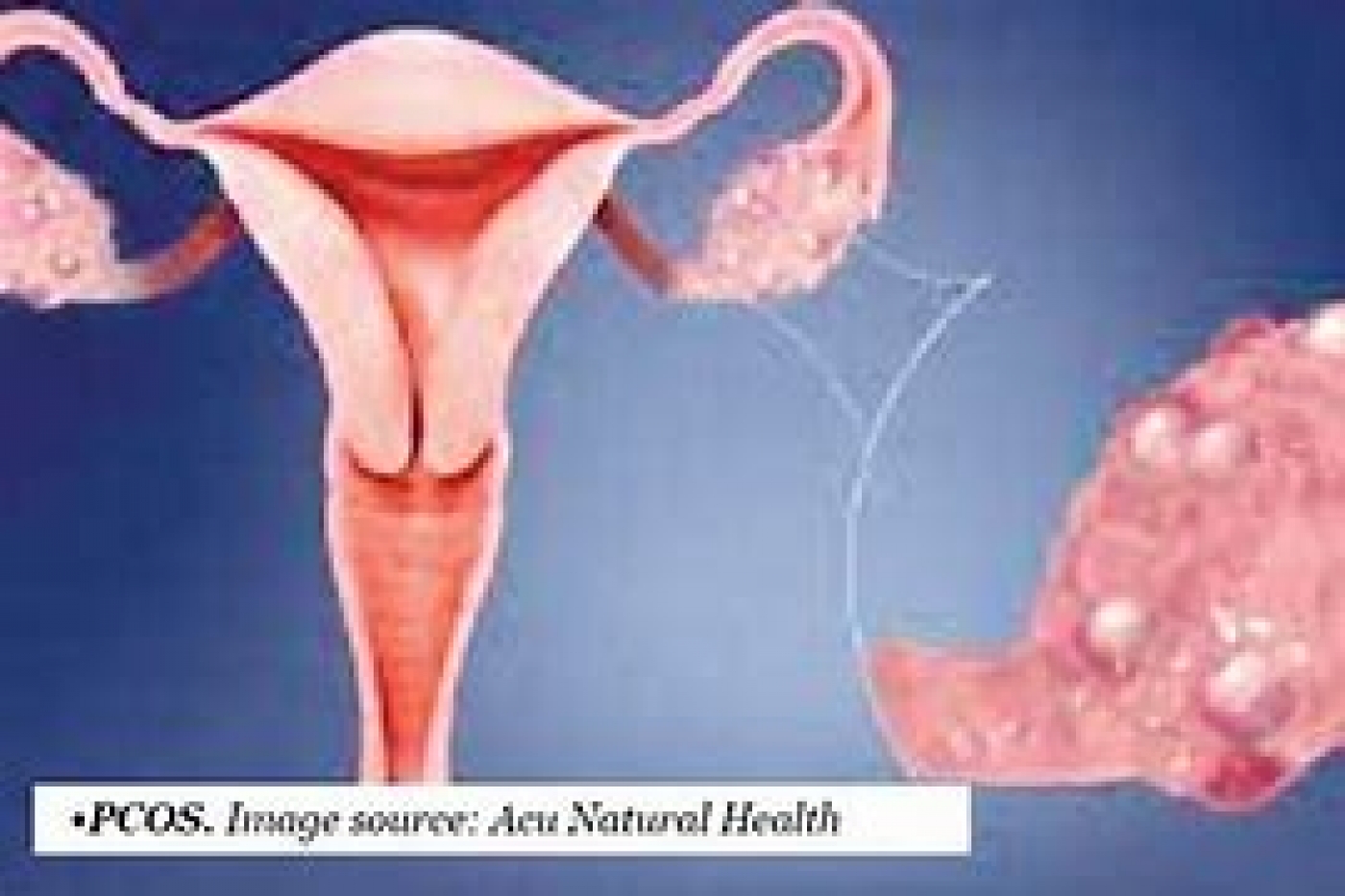Polycystic ovarian syndrome, according to John Hopkins Medicine, an online health information platform, is a condition in which the ovaries produce an abnormal amount of androgens, male sex hormones that are usually present in women in small amounts.
The platform explains that the name – polycystic ovary syndrome – describes the numerous small cysts (fluid-filled sacs) that form in the ovaries, adding that some women with this disorder do not have cysts, while some women without the disorder do develop cysts.
While the exact cause of the condition is still unclear, the effects in the lives of affected women manifest through conditions, such as anovulation, amenorrhoea, acne, infertility, etc, the site states.
The gynaecologists, a senior registrar at Federal Medical Centre, EbutteMetta, Dr. James Odofin, and a professor of Obstetrics and Gynaecology, College of Medicine, University of Benin, Prof. Michael Aziken, who spoke in separate interviews with PUNCH HealthWise in commemoration of September as PCOS awareness month, however, noted that while the condition has no cure yet, it can be managed.
Speaking with our correspondent, Odofin said, “There are women who have misconceptions about PCOS symptoms and signs.
“For example, a woman of reproductive age may misinterpret the cessation of menses or skipped menses for a long time to be spiritual, or to not having sex, or certain actions/inactions.
“The excessive hair on the body or even beard on the woman might be seen as very abnormal, while the ignorant public might consider her as ‘ogbanje’ or even bisexual.”
According to Odofin, the symptoms of PCOS are not hidden but could be downplayed or ignored by women.
He also said the condition can be diagnosed, even before a woman has her first period, noting that early and proper diagnosis helps to ensure good management of PCOS.
He added that some of the long-term consequences of PCOS are obesity, endometrial hyperplasia, diabetes mellitus, hypertension, and abnormal lipids.
Also speaking with PUNCH HealthWise, Aziken, who is a professor with the University of Benin, said that PCOS contributes to between 15 and 20 per cent of all cases of infertility in Nigeria.
Aziken, who is a former Deputy Vice-Chancellor at the University of Benin, said PCOS is a chronic condition that can only be managed by a healthy lifestyle
Describing the condition, he said, “It is a condition of hormonal imbalance in a woman that is associated with chronic anovulation.
“Several eggs in the ovary will start developing but they never get to maturity, so the woman does not ovulate regularly and because of that, you find out that their menstruation does not come regularly like every other woman.
“They may be having menstruation like once in three months or something like that because if you do not ovulate every month your menses will not come monthly and another thing associated with it is the distribution of hair on a woman.”
He also said that PCOS has been found to be linked to a metabolic problem – the metabolism of glucose.
“It has been found that people with PCOS – a significant percentage of them – their body is no longer sensitive to insulin as it should be.
“If, for example, I drink one cup of glucose, I should produce insulin that will help me push the glucose into my cells for them to be used. If the cells are not sensitive to insulin, the body will produce more insulin.
“It is like you need one cup of petrol to burn a heap of grass, now the grass is not sensitive to the petrol you need to pour more. So, the body in the process of producing more insulin in these people, they now end up producing more male hormones along with the insulin.
“So, those male hormones will always act in the opposite direction of the female hormones. Female hormones are for ovulation; male hormones will inhibit the ovulation,” he explained.
The experts, however, say PCOS can be properly managed, noting that the management depends on the particular manifestation of the condition that the woman may want to treat.
According to Odofin, the management of a woman who may want to have children will differ from one who is not interested in having a baby.
“It is managed based on what issue, out of the various manifestations, that the woman wants to be tackled at a particular time.
“A single woman who is not desirous of pregnancy but only wants her menstruation to be regular will be treated differently from a woman who wants pregnancy, irrespective of her marital status.
“Some women are not even bothered about abnormal menstruation or the potential to get pregnant but are only concerned about how to get rid of the excessive hair growth which has been a source of depression to some of them,” Odofin said.
Also speaking on the management of the health condition, Aziken said PCOS can be managed by discipline in diet and exercise, as well as the use of anti-hypoglycaemic drugs.
He added that due to their insensitivity to insulin, patients may develop late-onset diabetes which is one of the long term concerns associated with the condition.
source: HealthWise







